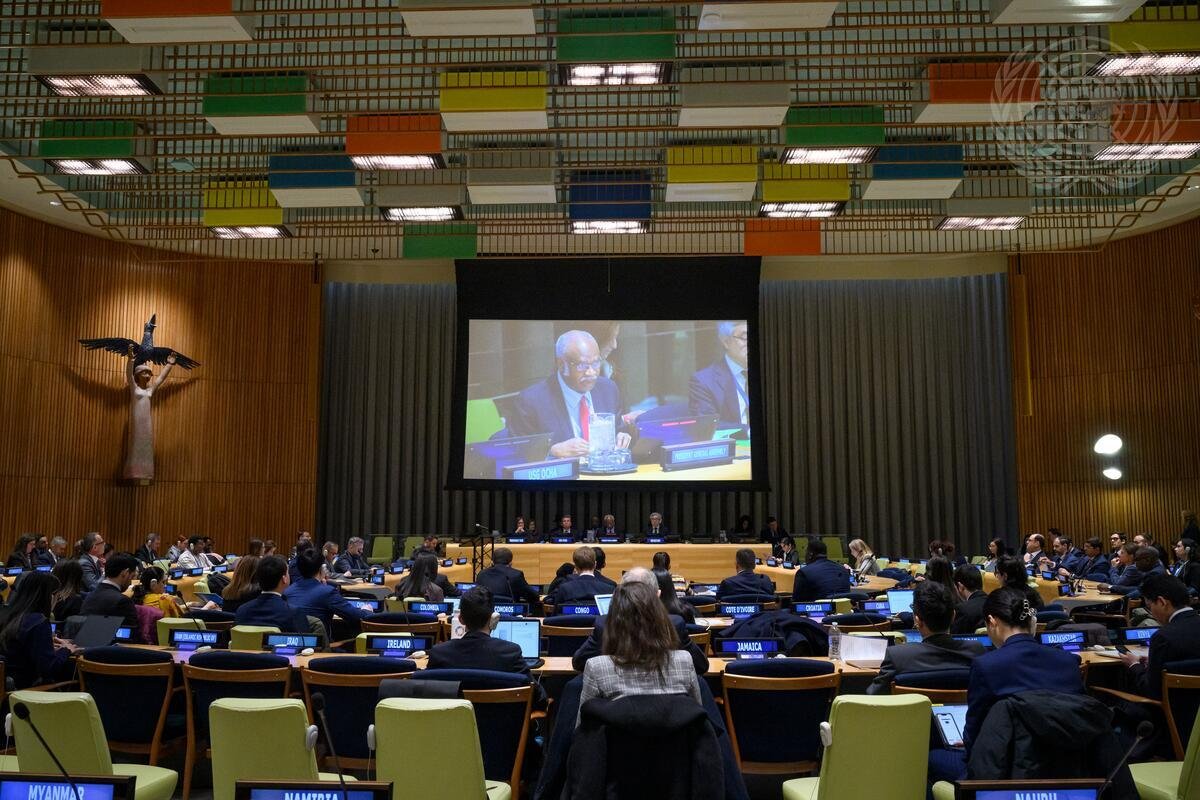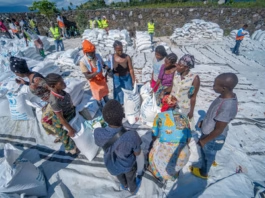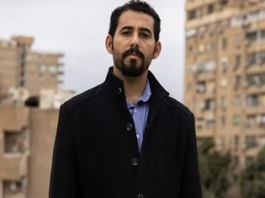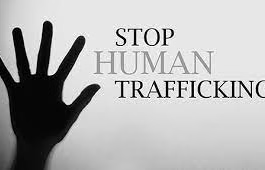The Current State of International Humanitarian Law
International Humanitarian Law (IHL), also known as the laws of war, is designed to protect individuals who are not participating in hostilities, including civilians, medical personnel, and aid workers, during conflict. Despite its critical role, adherence to these laws is increasingly under threat globally. Conflicts in various regions have witnessed systematic violations of IHL, leading to severe humanitarian crises.
In contemporary warfare, the distinction between combatants and non-combatants is often blurred. Instances such as the ongoing conflict in Syria have illustrated a troubling trend where airstrikes and ground operations routinely target civilian infrastructure, including hospitals and schools. Reports from humanitarian organizations indicate that an alarming number of civilian casualties result from actions that clearly contravene established IHL. Such violations not only raise ethical questions but also undermine the very fabric of humanitarian principles aimed at safeguarding life and dignity in conflict settings.
Moreover, the situation in Yemen presents another stark example of IHL violations, where the ongoing conflict has led to widespread malnutrition and health crises among the civilian population. Blockades and deliberate attacks on humanitarian aid convoys have hampered relief efforts, exacerbating the plight of civilians caught in the war. Similar incidents are reported in other conflicts, including those in Afghanistan and the Tigray region of Ethiopia, where lawlessness prevails, and adherence to IHL is increasingly disregarded.
The implications of these violations extend beyond immediate physical harm. The erosion of IHL contributes to a culture of impunity, challenging the enforcement of accountability for perpetrators while further destabilizing affected regions. The international community faces a pressing need to reinforce the significance of these laws and advocate for their implementation to ensure the protection of civilians amidst warfare.
The Price Paid by Civilians
The impact of armed conflict on civilian populations is profound and devastating. When international humanitarian law (IHL) is disregarded, the consequences for innocent individuals in war-torn areas become dire. Recent statistics indicate that civilians account for a significant portion of casualties in modern conflicts, with reports suggesting that over 90% of those killed or injured in such situations are non-combatants. These numbers encompass not only physical injuries but also encompass a range of adverse effects, including psychological trauma, displacement, and loss of livelihood, which together highlight the grim reality faced by civilians.
Real-life stories from various conflict zones illustrate the harrowing consequences of failing to adhere to IHL principles. For instance, in Syria, millions have been displaced, forcing families to flee their homes in search of safety. Many children are traumatized by the violence they have witnessed, leading to long-term psychological effects that can impede their development and well-being. Similarly, in Yemen, the ongoing conflict has resulted in widespread famine, where civilians face starvation as humanitarian aid is obstructed. These narratives serve to remind us of the human cost of war, urging a reevaluation of the responsibilities of warring parties.
The legal and moral obligations of those engaged in armed conflict are clear: to protect non-combatants and uphold international humanitarian law. When such responsibilities are neglected, it fosters a climate of impunity, where the suffering of civilians is rendered invisible. The burden of these conflicts does not fall solely on the battlefield; it is the innocent populations who bear the weight of war, enduring losses that transform lives and communities. This underscores the urgent need for all parties to recommit to IHL, thereby alleviating the unnecessary suffering that arises from war and ensuring a future where civilian life is protected, respected, and preserved.
The Global Initiative for International Humanitarian Law
The Global Initiative for International Humanitarian Law (IHL) represents a significant effort to enhance political commitment to the adherence and enforcement of humanitarian principles worldwide. Launched in recognition of the growing challenges associated with armed conflicts and the necessity for better protection of affected populations, this initiative is underpinned by a collective responsibility among states and international organizations. The United Nations and numerous member states play a pivotal role in supporting this initiative, affirming their commitment to uphold humanitarian values even in complex situations.
One of the key players in this initiative is the International Committee of the Red Cross (ICRC), which has long been at the forefront of promoting IHL and providing humanitarian assistance in conflict zones. The ICRC’s expertise and advocacy are crucial in shaping effective strategies that encourage compliance with humanitarian law. This collaboration not only helps in developing policies that aim to reinforce IHL but also emphasizes the importance of shared responsibility amongst nations in the face of humanitarian crises.
The primary objectives of the Global Initiative include fostering dialogue among states, increasing awareness of IHL, and promoting a stronger commitment to its principles. This involves organizing workshops, seminars, and conferences that bring together diplomats, legal experts, and humanitarian actors to discuss best practices, share experiences, and devise collaborative approaches. Such international cooperation aims to create a unified front in safeguarding the dignity and rights of individuals affected by armed conflicts.
In summary, through collective action and robust international partnerships, the Global Initiative for International Humanitarian Law seeks not only to enhance understanding and compliance with humanitarian principles but also to instill greater accountability among nations. The expected outcomes include improved protection for civilians in conflict zones and a reinforced framework for addressing violations of IHL, thus solidifying the foundations of humane treatment during warfare.
A Call to Action: Supporting International Humanitarian Law
International humanitarian law (IHL) serves as a crucial framework designed to limit the effects of armed conflict, ultimately aiming to protect those who do not participate in hostilities. It is imperative for individuals, organizations, and governments to unite in their efforts to support and promote these vital principles. Raising awareness about IHL is one of the most effective ways to engage the public and highlight the importance of its adherence during militarized confrontations. Initiatives that focus on education about humanitarian law can significantly influence perception and understanding, leading to broader support for its vital tenets.
Advocating for policy changes is another fundamental aspect of promoting international humanitarian law. Individuals can participate in campaigns that call for stronger enforcement of IHL and the implementation of legislation that prioritizes humanitarian principles. This can involve lobbying government representatives, participating in civil society organizations, or raising public awareness through various media platforms. By creating a dialogue around the necessity of IHL, citizens can press for lasting policy changes that enhance the protection of civilians in times of war.
Additionally, joining initiatives that seek to bolster the application of international humanitarian law on a global scale is crucial. This can range from supporting NGOs that operate in conflict zones to participating in community-driven projects aimed at fostering dialogue and reconciliation. The interconnected nature of our global society means that each one of us plays a role in upholding humanitarian principles. By acting collectively, we can strive to ensure justice and protection for all civilians affected by armed conflict.
Ultimately, everyone has the potential to contribute to a world where international humanitarian law is respected and upheld. By raising awareness, advocating for policy changes, and participating in relevant initiatives, each individual can play a significant role in advocating for peace and humanity in the face of warfare.




